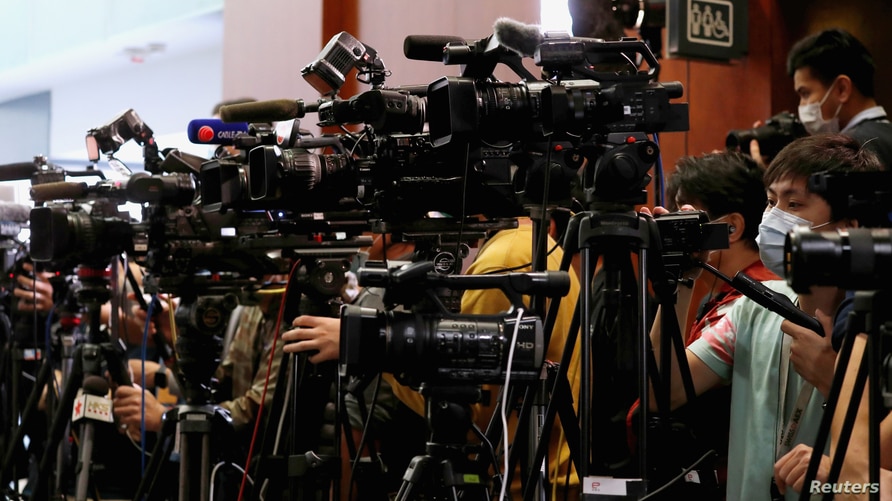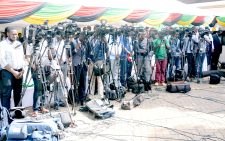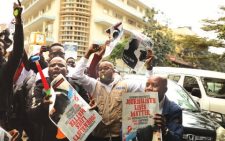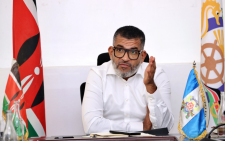Media policy should promote journalists’ capacities

A task force on media policy guidelines has been engaging various stakeholders on proposals that will inform the formulation of a proposed new policy after the other lapsed in 2019.
Apart from the overarching objective of regulating the media, expectations are high that the policy will address challenges dogging the sector’s local ecosystem. Some include media practitioners’ safety, gender mainstreaming, workplace bullying, sexual harassment, mental health and improved welfare in the sector.
However, a key issue the policy should address is the silent institutionalised classism thriving in media houses. As an entrenched culture, this issue is rarely, if ever, talked about.
At a glance, it appears harmless. This trend of specific journalists appearing to be the most trusted to cover selected events. Ordinarily, the events are not complicated in nature and, therefore, do not pose any significant challenge to reporters. The singular factor that makes such events special is the huge publicity they attract.
Nothing epitomises this journalistic bias better than press coverage accorded to high-profile events, especially presidential ones. In democracies such as the US, reporters covering the White House have their own association and are assigned to those roles by their media houses.
In Kenya, media houses give names in advance; often of the most experienced reporters. Because the State House is in Nairobi, the reporters are largely city-based journalists who even follow the president to cover county-based events.
The perception created over time is the president can only be competently covered by selected journalists from Nairobi. Whenever they arrive, local correspondents take a back seat while their city counterparts shine.
This trend is common too with senior government officials. They fly to counties ‘armed’ with Nairobi-based scribes. This is even though the counties have very competent field journalists who apparently cannot be trusted to file a worthy copy!
This is psychologically demeaning and demoralising. It creates a feeling of inadequacy and breeds low self-esteem among field journalists.
Notably, President Uhuru himself has quietly been trying to become accessible to ‘mashinani’ journalists. During the Question and Answer Session at State House in Mombasa in 2018, he perhaps expected journalists based in the coastal city to take over. After all, this was their turf.
Unsurprisingly, the crew that covered him in Nairobi followed him to Mombasa! Local journalists were part of the background.
In 2020, the president again attended a tech and innovation exhibition at Manyani’s Law Enforcement Academy in Tsavo. The scribes covering the event flew in from the city!
In September 2020, the head of state finally had his way. He surprised a young journalist in the streets of Mombasa. The scribe lost his composure and became incoherent and overexcited. Maybe at his level, the scribe had assumed he would never interview the president.
Last July, Uhuru walked unannounced into a radio station in Mukuru Kwa Reuben. He was inspecting projects at night and decided to pop into an FM station. The young presenter did not lose his cool and even introduced his guest on-air.
Granted, no media house desires to be a laughing stock by allowing cub reporters to ask awkward questions. That can be embarrassing. Experience and composure are necessary. However, by denying field reporters opportunities for exposure, the image that goes to the public and those officials is that field reporters are either quacks or at best half-baked.
Many of the field reporters are highly trained, informed professionals who are capable of handling high-profile interviews. Media houses can trust them to handle high-profile interviews without gaffes.
Cherry-picking assignments for selected journalists while seemingly sidelining others only perpetuates this journalistic caste system. If well trained, any journalist can handle any assignment no matter how challenging it appears.
While the new media policy might not dictate the internal workings of media houses, it can open doors for introspection on such implicit inequalities.
— The writer comments on topical issues – peoplespeak@mediamax.co.ke















